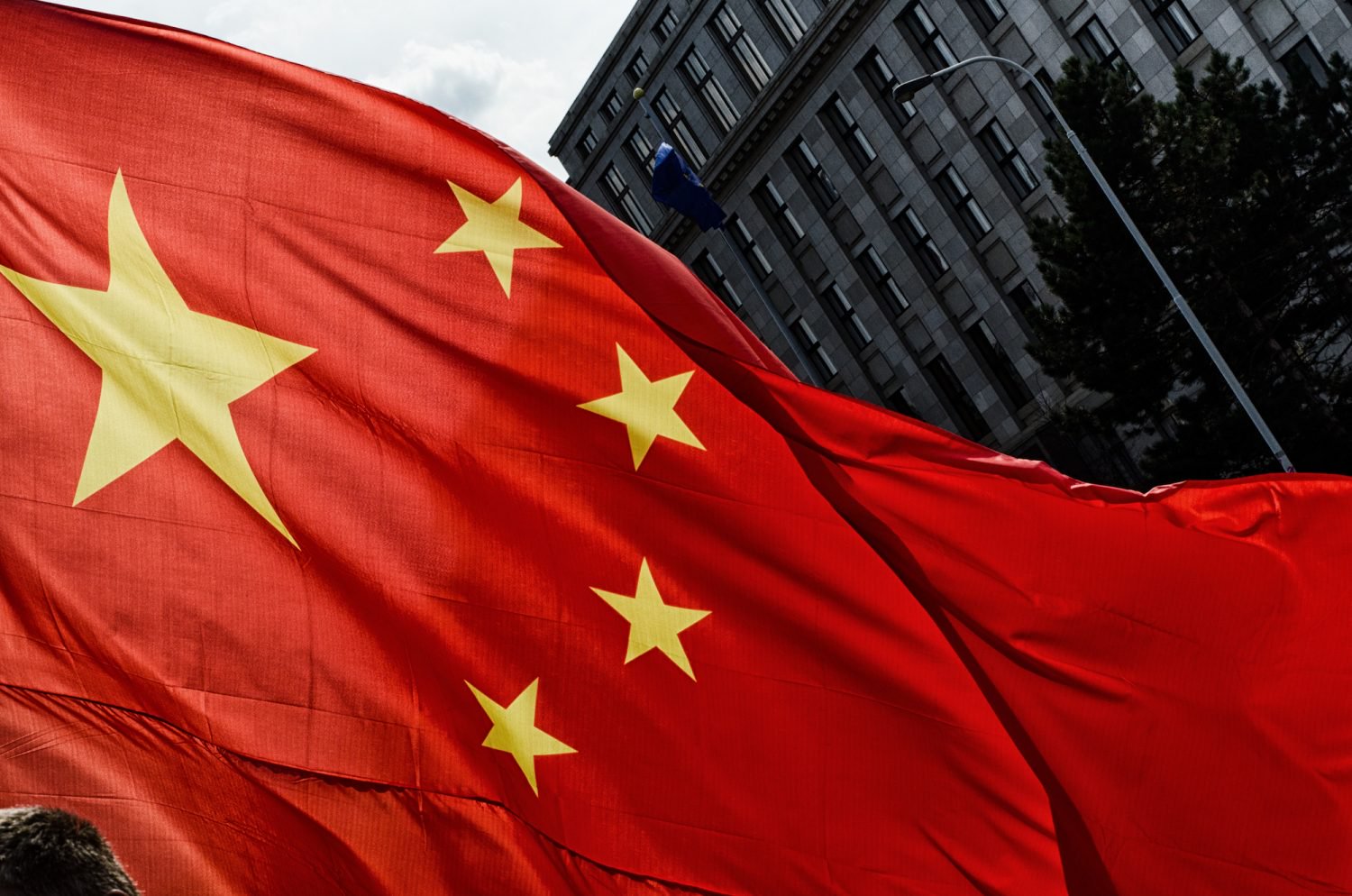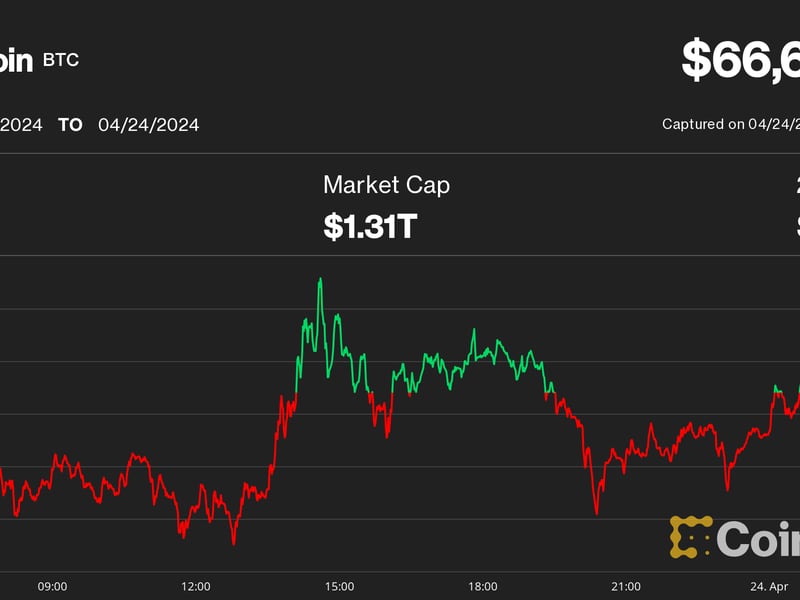China to Verify Citizens’ Identities With New Blockchain-Based Platform
/arc-photo-coindesk/arc2-prod/public/LXF2COBSKBCNHNRE3WTK2BZ7GE.png)
Blockchain technology will be used to verify the real-name identities of China’s 1.4 billion people, according to an announcement from the Blockchain-based Service Network (BSN), China’s national-level blockchain initiative – a move likely to spark concern among data-privacy advocates.
China’s Ministry of Public Security spearheaded the initiative, called RealDID, with help from BSN.
The RealDID service launch will enable users to register and log in to websites anonymously using DID addresses and private keys, ensuring that business data and transactions remain disconnected from personal information.
China’s top six social media platforms, including WeChat, Sina Weibo, Douyin, Kuaishou, Bilibili, and Xiaohongshu, mandate content creators with over 500,000 or 1 million followers to publicly display their real names or those of their financial backers, state media reported in October.
State media said this was to enhance credibility and enable public supervision.
BSN said in a release that this is the world’s first national-level real-name decentralized identity system.
BSN China is run by China’s National Information Center in collaboration with Chinese big tech companies China Mobile and China UnionPay. Its international operations are managed independently by BSN Global, which is said to be a separate, firewalled entity.
CoinDesk recently reported that a bipartisan U.S. bill was in the works that would ban federal government officials from using China-made blockchains and transacting with companies like Tether’s parent iFinex, aiming to prevent potential national security risks and protect private data from foreign adversaries’ access.
Recently, the U.S. removed China’s Institute of Forensic Science, which is under the jurisdiction of the Ministry of Public Security, from a trade sanctions list to advance counternarcotics cooperation, despite concerns over China’s human rights practices, aiming to combat the trafficking of fentanyl and related chemicals into the U.S.
Following this, China warned its chemical manufacturers against producing fentanyl precursors.
In a recent circular, China’s National Narcotics Control Commission said anyone involved in producing chemicals used to make the opioid were at risk of running into the “long-arm jurisdiction” of foreign law enforcement.
Edited by Parikshit Mishra.









